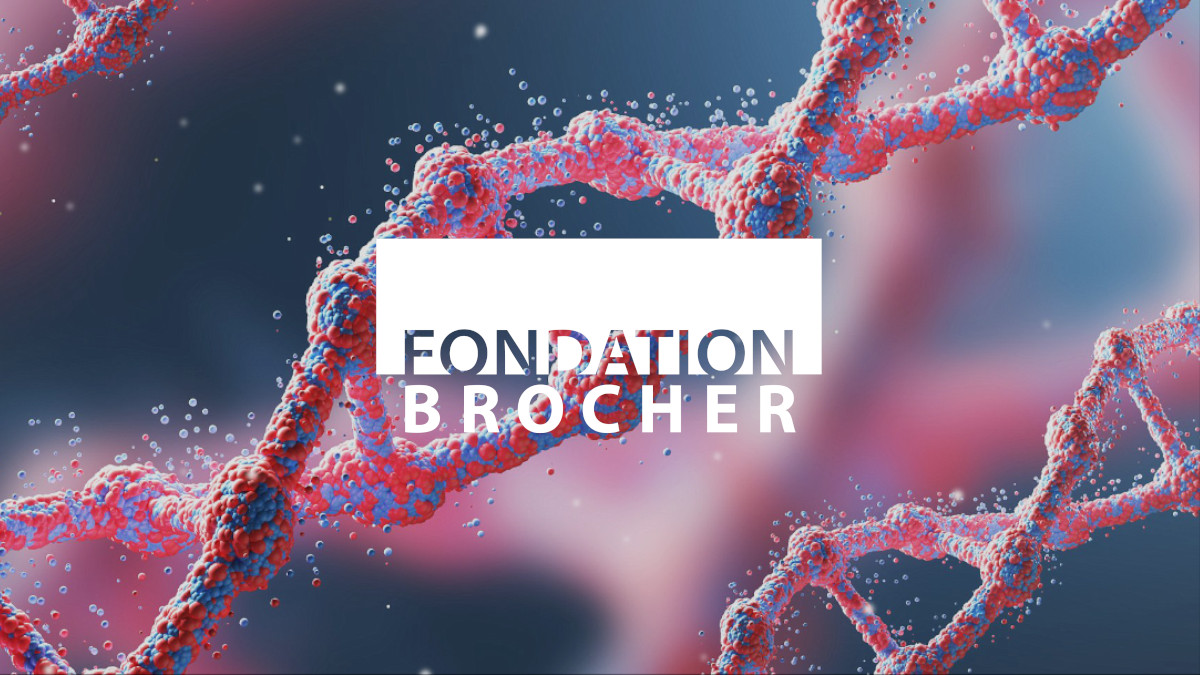In recent years, advances in medicine, biotechnology and all other fields of science have revolutionised many aspects of everyday life. These developments also raise many moral, ethical and philosophical questions.
How do we know that these innovative technologies really respect the fundamental values of humankind? How do these discoveries influence the way people think and act? Should there be limits to scientific research? All the thinking around bioethics seeks to answer these and other questions.
The ethical, legal and social implications of medical development
Medicine is an inherently moral discipline. Doctors and all health care workers practice medicine primarily out of love for others. However, the medical sciences are increasingly raising questions about bioethics because of the rapid development of healthcare techniques. These advances cover several aspects of medicine, including organ transplants, end-of-life issues, human biotechnology, medically assisted reproduction and prenatal diagnosis, for example. The emergence of these new procedures can create confusion in the medical profession.
The reason is simple: there is virtually no cultural reference or case law on these subjects. Bioethics makes it possible to ask the right questions and to identify the possible repercussions of these scientific discoveries. This questioning is obviously done in accordance with the founding principles of bioethics, including the permanent search for justice, respect for autonomy, benevolence, and the preservation of freedom.
Bioethics also lifts the veil on the social, legal and ethical implications of medical advances. In the scientific world, this research is referred to as ELSI (Ethical, legal and social implications/issues in North America) or ELSA, in Europe.
Ethical, legal and social implications of health
The ethical questioning of innovative medical techniques also concerns doctors, nurses, surgeons, and all practitioners responsible for providing care to patients. Even if bioethical reflection has been carried out upstream by laboratories and research centres, doubts may remain among healthcare personnel.
For example, during a prenatal diagnosis, an obstetrician-gynaecologist discovers an incurable and serious malformation of the foetus. As a caregiver, the doctor must explain to the parents the options available to them, without revealing a preference for one or the other.
On the one hand, the decision to continue the pregnancy is justified by the very principles of morality, including the equality of all humans and the sanctity of life. Bioethics takes the analysis to a higher level, seeking the most acceptable solution in human, psychological, economic and social terms. The practitioner must also take into account the moral suffering of the parents in case of abortion and the risk of eugenics.
Parents have an obligation to understand all these social, legal and ethical implications before making a decision. This means that physicians must also fully understand these issues, in order to fulfil their role of advising and supporting parents. Caregivers have no right to influence or contradict the patient’s decision, even if it is tainted by a religious point of view or even if it differs from the recommendations of the National Bioethics Committee.
Why is bioethics important in the field of health?
The latest medical advances open up a multitude of possibilities for caregivers and legislators. Faced with the risk of excesses, the State could be tempted to legally regulate new medical practices in a law. However, this temptation, although legitimate, rejects the very foundations of universal ethics.
Bioethics provides wider possibilities, guiding philosophical, political and social reflection in the light of changing cultures and medical techniques. With bioethics, caregivers no longer have to decide between right and wrong. Instead, they are considering several conflicting choices, which can be described as ‘goods’ from different perspectives. The challenge of bioethics is to conduct a comparative analysis of these alternatives, taking into account their respective benefits and risks.
Why is bioethics important in biotechnology?
The bioethical issue is particularly relevant in biotechnology, one of the most dynamic sciences of recent years. Today, biotechnology is finding new applications in the agricultural industry, bio business, green chemistry, cosmetology and the environment, among others.
In agri-food, the latest biotechnological advances promise improvements in crop yields, boosting their resistance to disease, drought and pests, among other things. Without denying the benefits of these discoveries, bioethics encourages researchers and all those concerned to reflect on the moral, human, economic and social limits that should not be crossed.
Bioethics and the economy
Obviously, the economic question is omnipresent in bioethical reflection on the development of medicine and biotechnology. The challenge of bioethics, for governments, laboratories and citizens, is to create value with the outcomes of scientific research, without violating existing moral and ethical rules. This is a major challenge, as the global biotechnology market generated more than $641 billion in sales in 2020. Drug sales exceeded $1.2 trillion in the same year.
Bioethics and the political stakes
Bioethics is also a clear political issue. In 1994, the first bioethics law in France was drafted on the basis of the conclusions of a panel made up exclusively of biomedical experts. The initial text sparked several controversies on the issues of bioethics ART, prenatal diagnosis and organ donation. The debates have never really stopped during the revisions of the bioethics law.
In fact, the acceptability of modern medical practices is constantly changing, depending on the new possibilities offered by science. In other words, the rules of bioethics as applied to health, the environment and biotechnology will not remain unchanged. Politicians therefore have a responsibility to frame, lead and open discussions on the future direction of bioethics laws.
What are the next steps in bioethics law?
France has a slight lead in bioethics regulations and laws. The latest version of the bioethics law of August 2021 has given rise to several implementing texts. These rules regulate, among other things, medically assisted reproduction, self-preservation of gametes and the processing of data and identity of a third-party donor.
This bioethics law will be evaluated by the OPECST (Office parlementaire d’évaluation des choix scientifiques et technologiques) before 2 August 2025. To complete its legislative arsenal, France is currently initiating a global reflection on the issue of the end of life. The conclusions of this citizens’ convention, expected in 2023, could lead to a new amendment of the Bioethics Act 2021.






